Anthropogenic Climate Change has once again hit the headlines http://www.stuff.co.nz/environment/9887611/Climate-change-We-need-to-act-now ” It’s all so overwhelming! What can I do? I got my finals coming up and all my energies are focused on them” (And so they should be!) But what when they are over? When you do come up for air and/or need some inspiration as to what one individual can do check out this 18 year old from the US who impressed me not only with her commitment to the cause but with how articulate she is able to argue her case and the case of people her own age.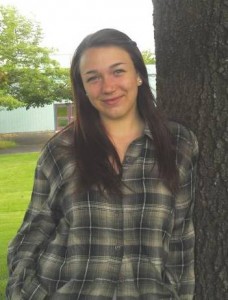 “As world leaders converge for the UN’s global summit on climate and thousands gather in New York for the People’s Climate March, an 18-year-old Oregonian student, Kelsey Juliana, is walking across America to draw attention to global warming and taking her case to the US supreme court. Now just out of high school, she’s co-plaintiff in a major lawsuit being spearheaded by Our Children’s Trust that could force the state of Oregon to take a more aggressive stance against the carbon emissions warming the earth and destroying the environment. She’s walking across America as part of the Great March for Climate Action, due to arrive in Washington, DC, on November 1.” Video interview link: http://billmoyers.com/episode/climate-change-next-generation/
“As world leaders converge for the UN’s global summit on climate and thousands gather in New York for the People’s Climate March, an 18-year-old Oregonian student, Kelsey Juliana, is walking across America to draw attention to global warming and taking her case to the US supreme court. Now just out of high school, she’s co-plaintiff in a major lawsuit being spearheaded by Our Children’s Trust that could force the state of Oregon to take a more aggressive stance against the carbon emissions warming the earth and destroying the environment. She’s walking across America as part of the Great March for Climate Action, due to arrive in Washington, DC, on November 1.” Video interview link: http://billmoyers.com/episode/climate-change-next-generation/
Stepping Up and Out for Climate Change
Monday, November 3rd, 2014 | STEPHEN BRONI | No Comments





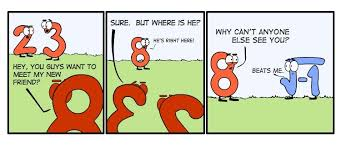

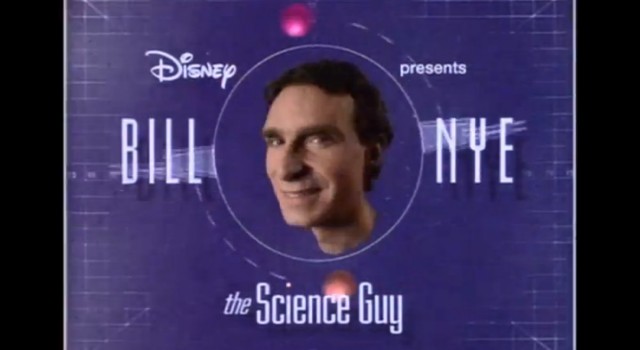



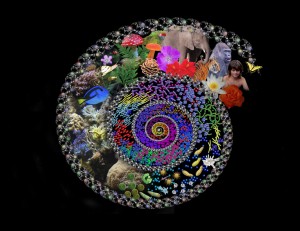
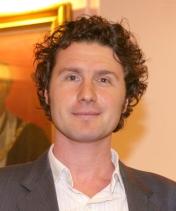
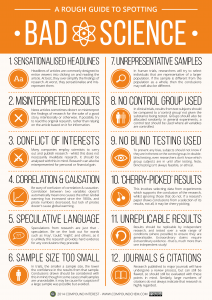


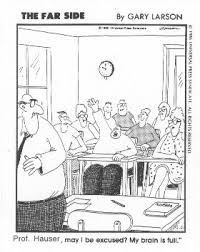
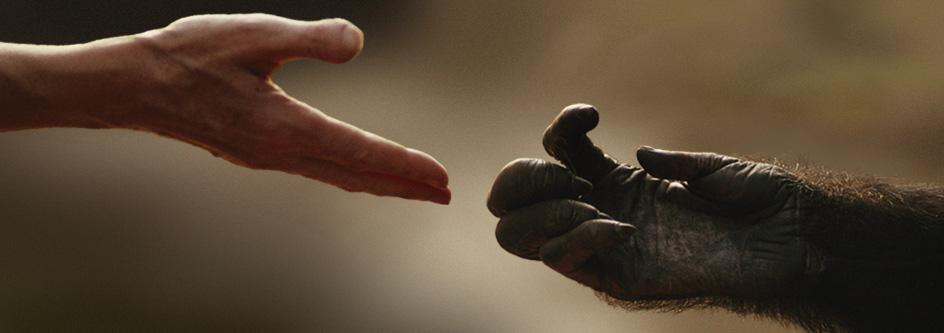
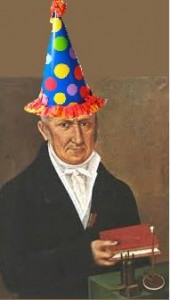
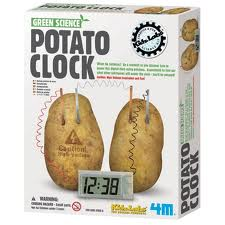
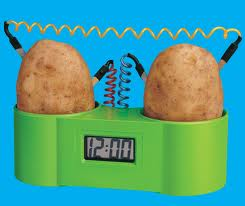
Recent Comments